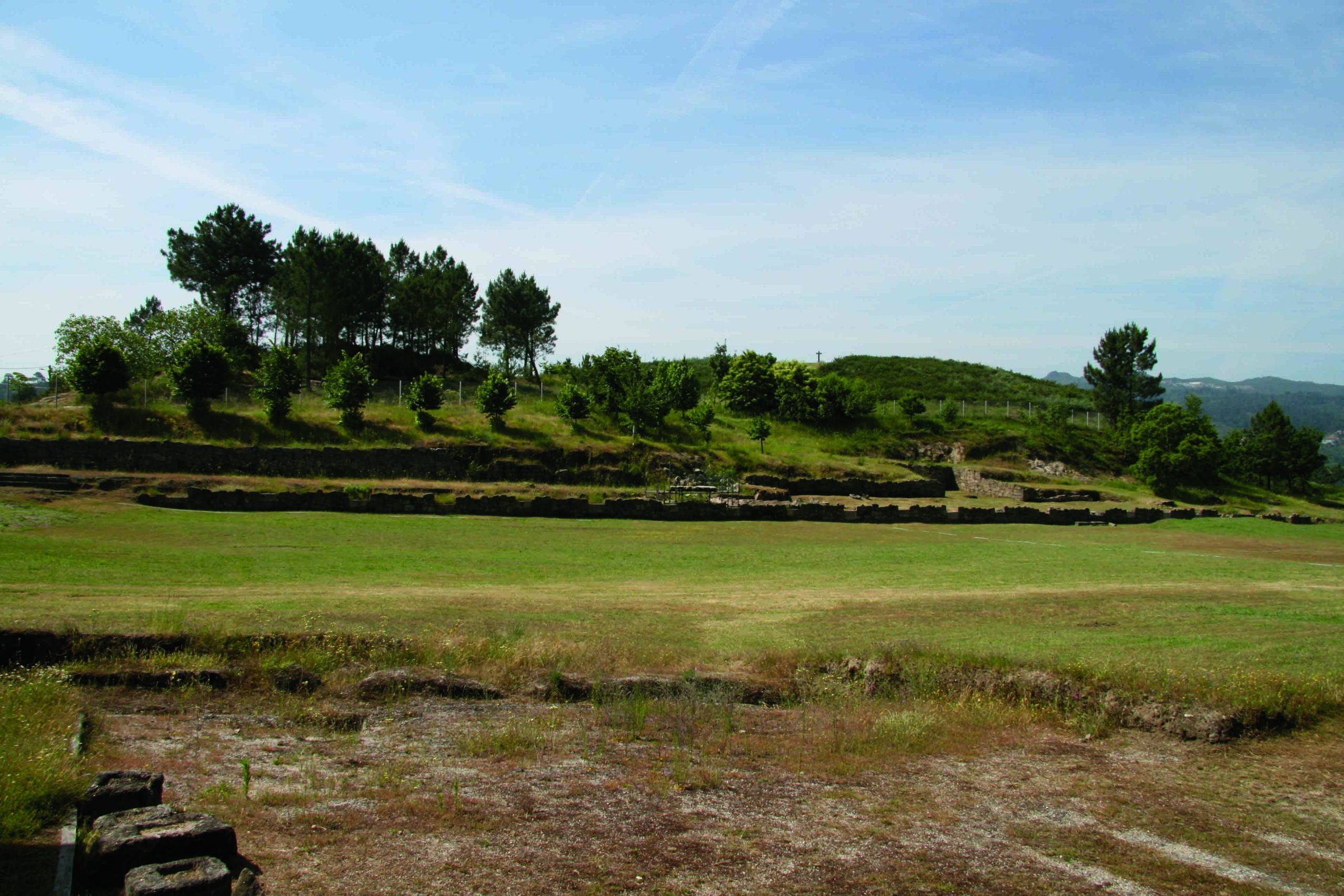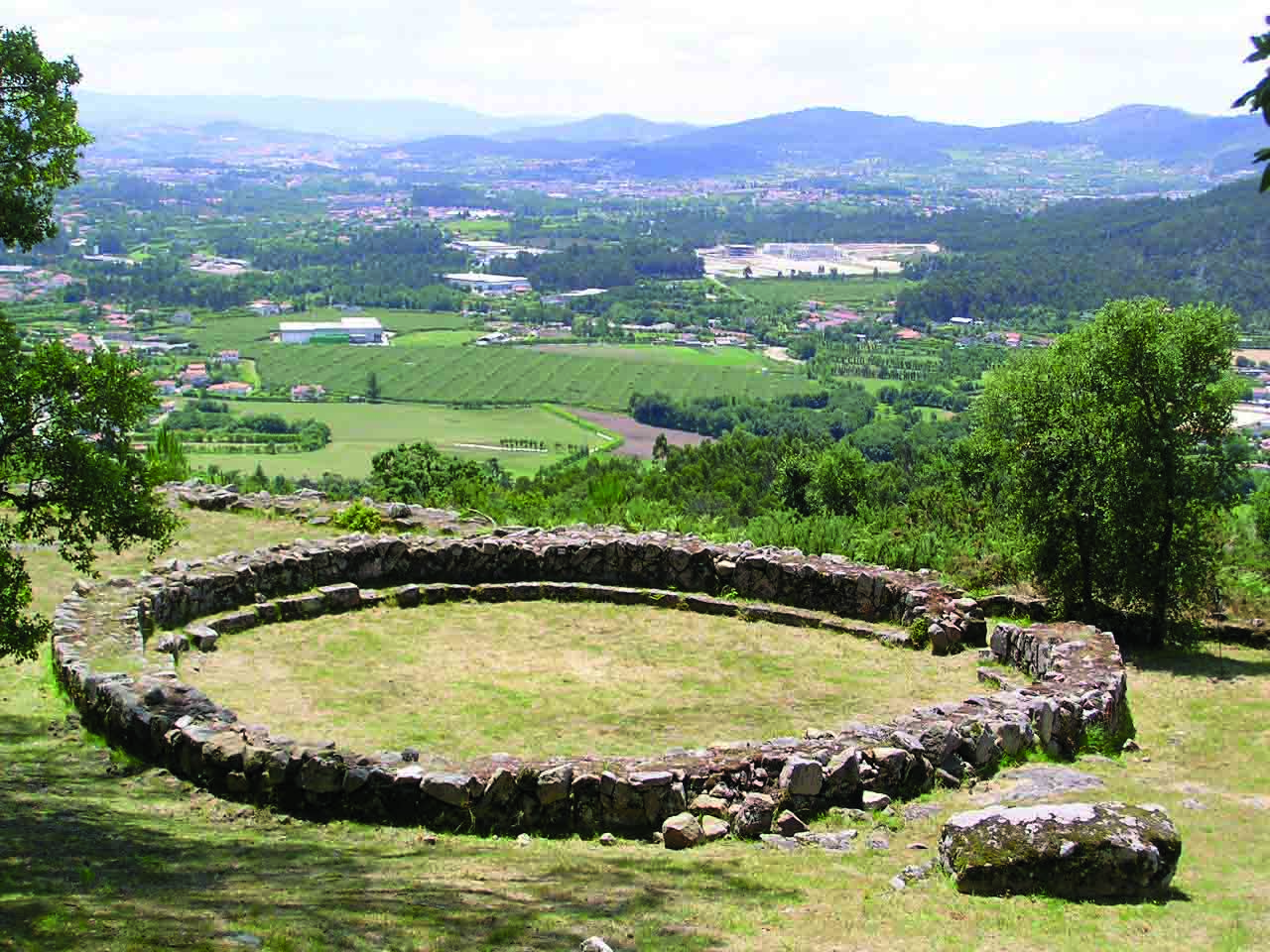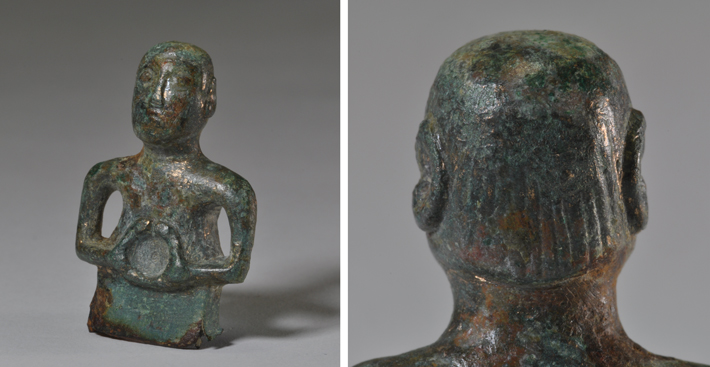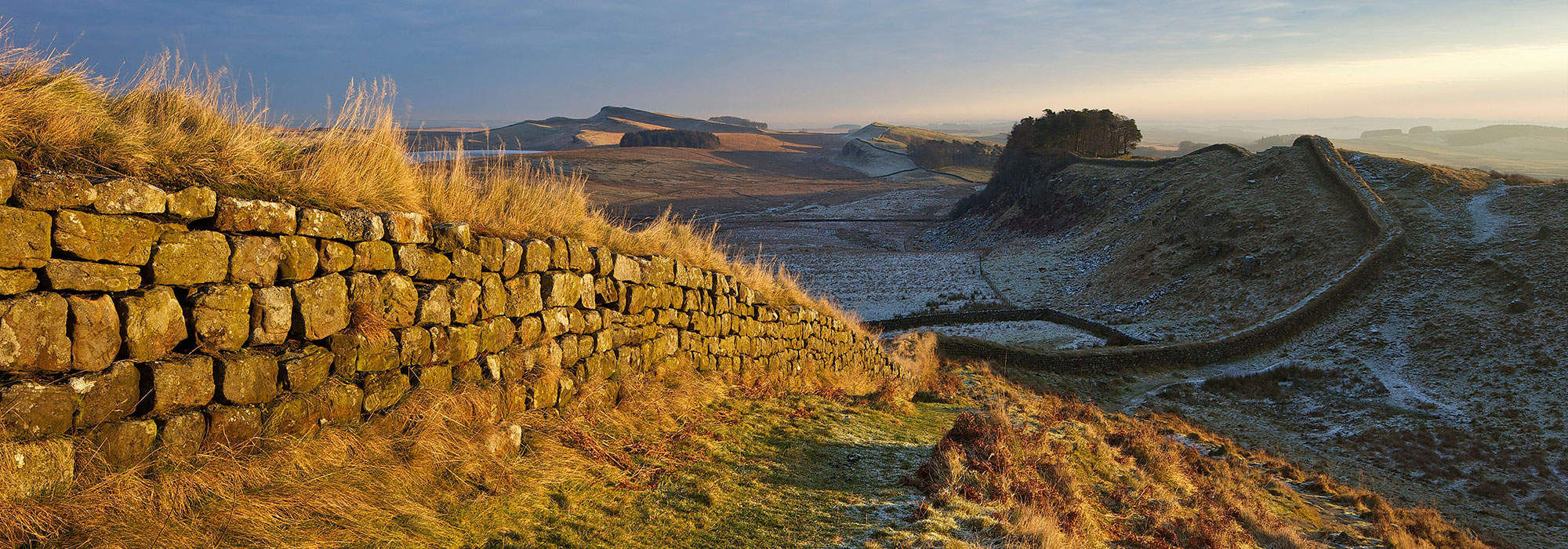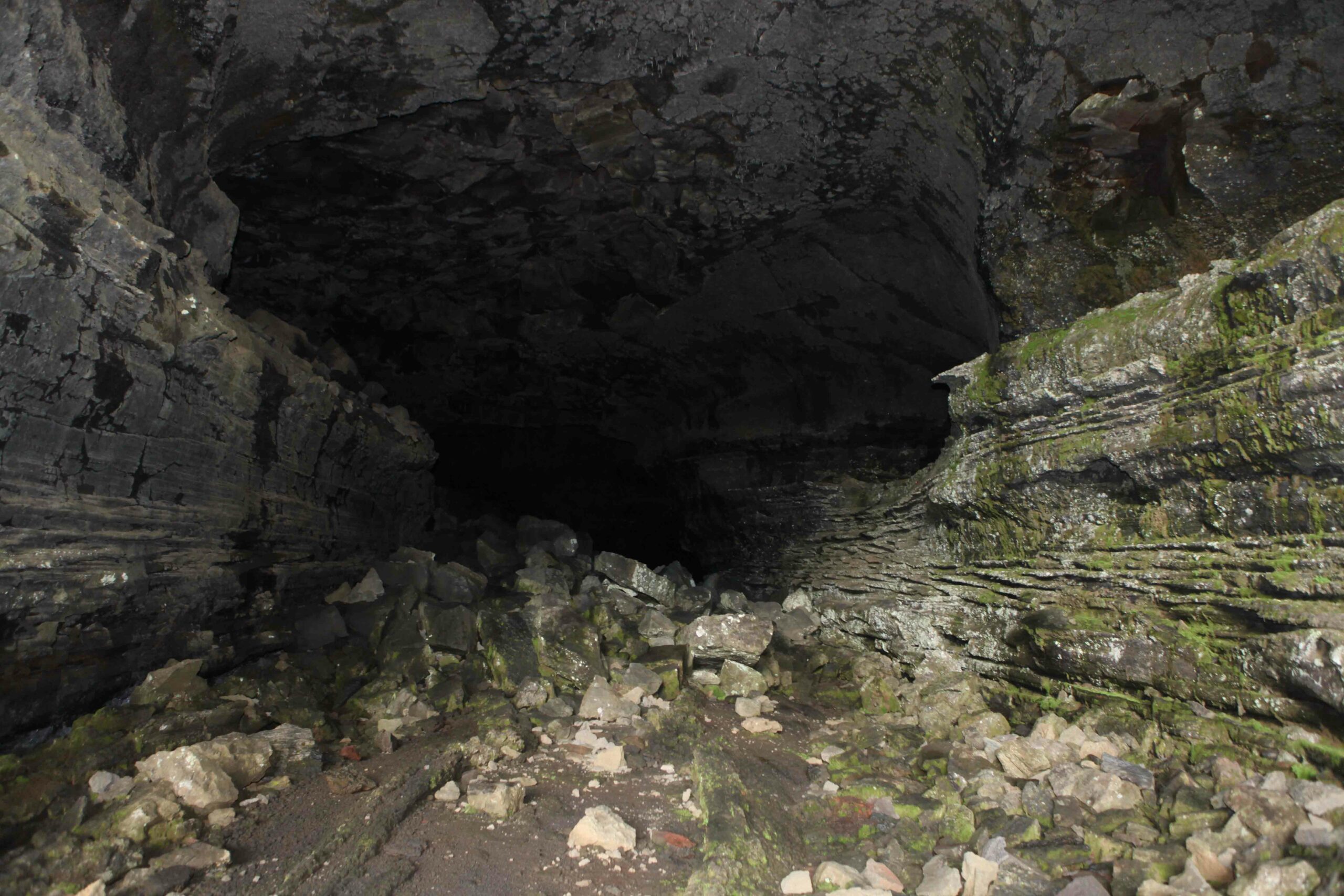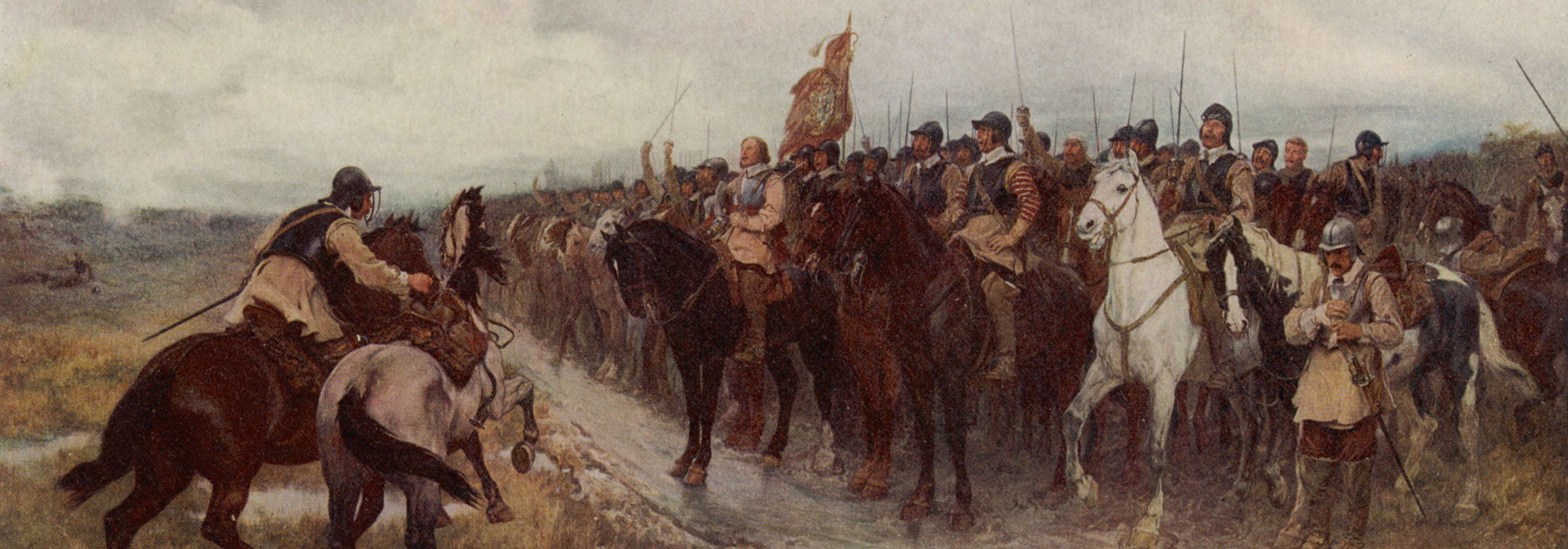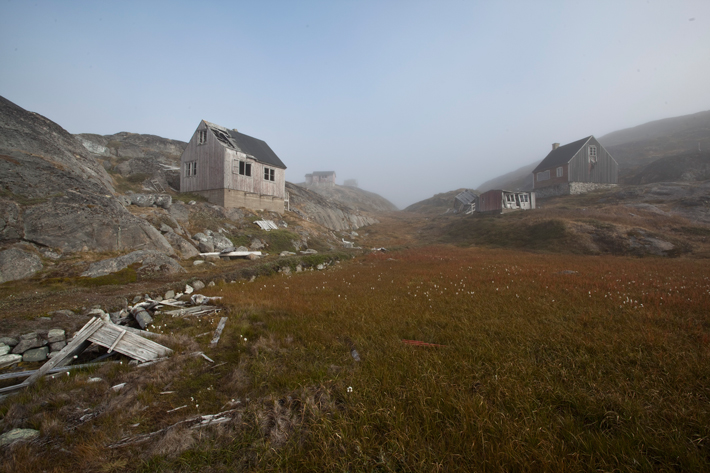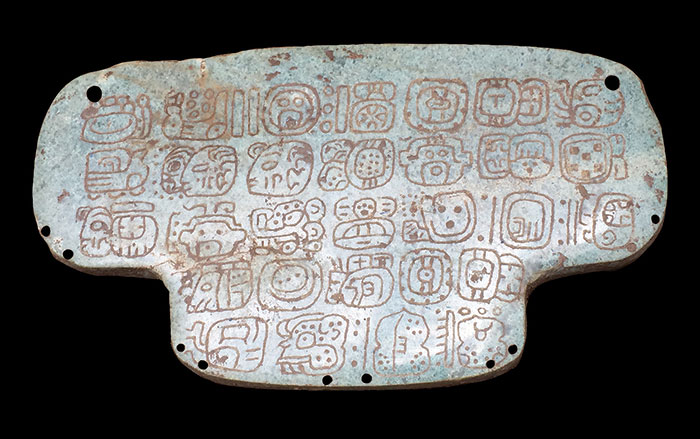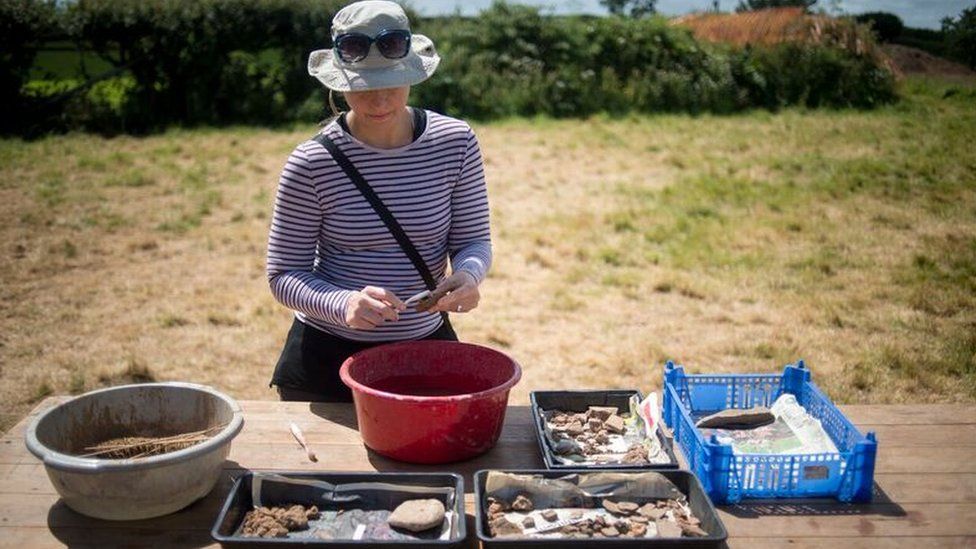
DEVON, ENGLAND—New radiocarbon dating at a site in southwest England suggests it was in use for 1,200 years longer than had been thought, according to a report from BBC News. Evidence at the rural site, called Ippleden, indicates it was occupied from the fourth century B.C. Sherds of pottery uncovered by archaeologists from the University of Exeter show that the site’s residents traded with people from afar and enjoyed delicacies such as wine and olive oil. According to archaeologist Stephen Rippon, the researchers initially believed the site was only used during the Roman period, but now recognize that it was occupied during the pre-Roman Iron Age as well. They believe it was a farming community, based on the discovery of remains of a granary. In addition, debris from iron working was unearthed near the settlement’s edge, suggesting it may have hosted industrial activity. For more, go to “Letter from Wales: Hillforts of the Iron Age.”


